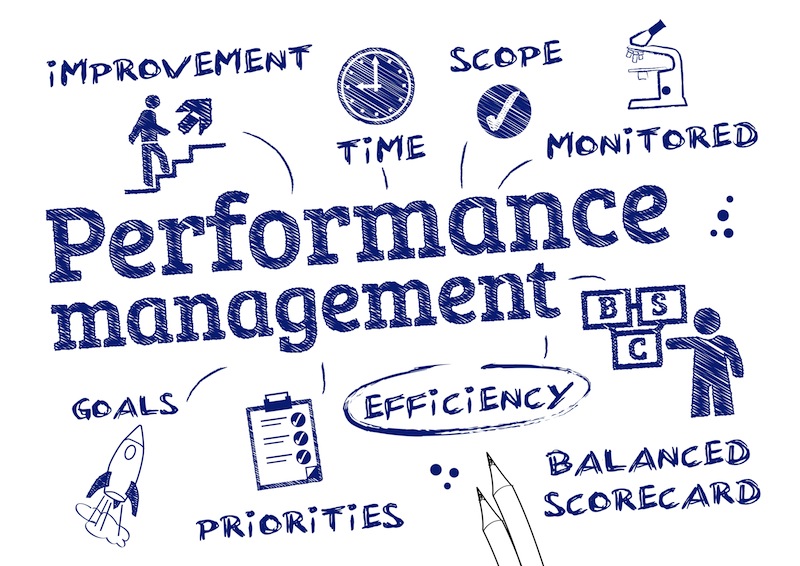For an SME, with little or no HR expertise, developing and managing a team is not simple. Here’s how to hire people in Ireland.
Team-building is too important to ignore. If you can get beyond the buzzwords, it’s also not that complicated. Much of the investment you need to make is about time, more so than money.
For an SME, best practice in team building can be boiled down to five main themes and taking action to change habits and behaviours.
Culture is key
The best performing businesses, be they multinationals or SMEs, have strong cultures. They may or may not have mission statements stuck on their walls. But they certainly know who they are and what they are about.
Workplace culture is simple: you need to have a clear purpose and a set of values that your staff know and care about. Engaged employees take ownership of their workplaces. They are the best advocates for your business and your brands.
Build trust
Employees are more productive and engaged when they:
- Trust the business they work for
- Take pride in the work they do
- Enjoy interacting with their colleagues and their management
Building trust is about credibility, respect and setting expectations. It starts with owners and managers and the relationships they build with their teams.
Be open
The rumour mill is a potent force in most workplaces. Many employers allow unfounded rumours to gain credence. Instead, you need to communicate regularly and consistently. You should have open, honest and transparent communications with all members of your team. And you shouldn’t shy away from tough topics.
Delegate and celebrate
Trust your team to take on new challenges. Delegate more than the routine tasks. And celebrate the little wins, as much as the big wins.
Justin Keatinge of IT outsourcing company Version 1 faced a growth dilemma – management was stretched and opportunities were missed. The solution was to launch the Management Task Force (MTF) initiative which allows non-managers to tackle management challenges within their areas of expertise.
MTFs tasks included building the client pipeline, expanding into the UK and improving profitability. MTF cut the workload of Version 1’s management, employees were challenged to create solutions and managerial potential was shown in the process.
Don’t repeat mistakes
Few SMEs haven’t made a mistake in hiring the wrong candidate for a job or not doing enough to retain a valued manager or staff member. Such mistakes cause disruption and additional costs. Replacing a senior manager can cost between 150% and 250% of his or her annual remuneration, based on recruitment costs, productivity losses, induction and other costs.
A mistake is compounded if it’s repeated. Force yourself to ask tough questions about what went wrong. Or better still ask a trusted adviser to critique what went wrong and how you’ll avoid a recurrence.
8 Action Points





